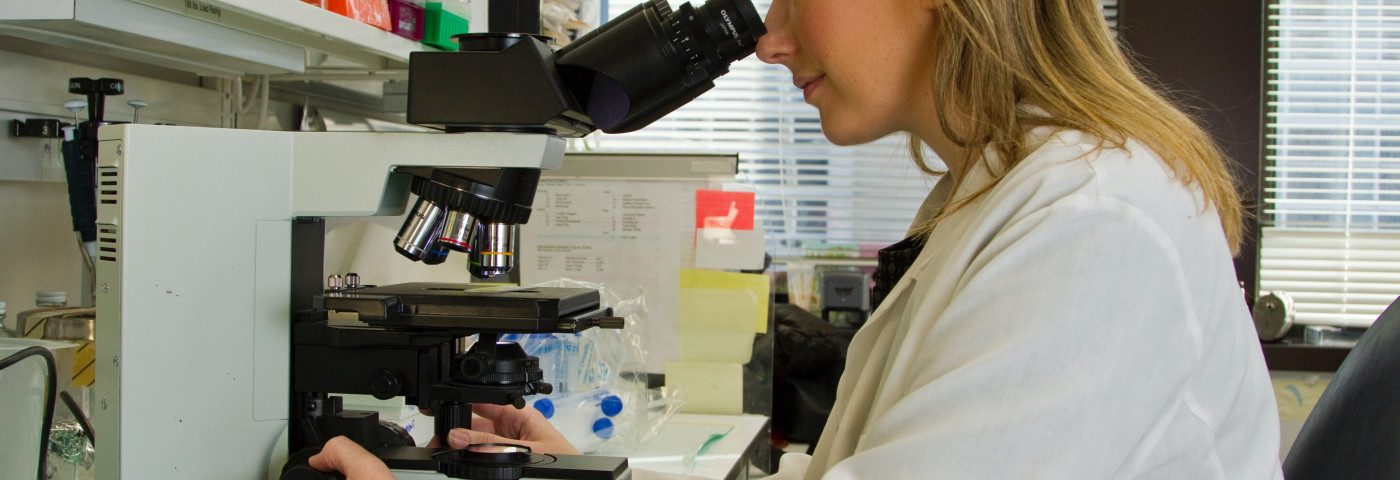A novel sensor that combines plant enzymes and nanomaterials can be used to measure levels of the amino acid phenylalanine in human blood, a new study shows.
The sensor may be a useful and more affordable tool for monitoring phenylketonuria (PKU).
The study, “Phenylketonuria monitoring in human blood serum by mosses extract/ZnO@Au nanoarrays-loaded filter paper as a novel electrochemical biosensor,” was published in Microchemical Journal.
PKU is caused by mutations that impair the function of phenylalanine hydroxylase (PAH), an enzyme that normally converts the amino acid phenylalanine, one of the building blocks of proteins, into another amino acid, tyrosine. The lack of functional PAH causes phenylalanine to build up in the body, with toxic effects.
Measuring phenylalanine concentrations is important for diagnosing and monitoring PKU. However, current methods for measuring phenylalanine, such as mass spectrometry and the diagnostic Guthrie test for newborns, “are time consuming, expensive, and consume large amounts of materials and also require expert persons,” the investigators wrote.
These researchers developed a novel sensor for measuring phenylalanine that uses a comparatively simple system on paper disks. The sensor uses nanomaterials, specifically zinc oxide nanorods and gold nanoparticles, in combination with the PAH enzyme itself to detect phenylalanine.
Conceptually, the PAH chemical reaction of converting phenylalanine into tyrosine causes the movement of electrons, or a tiny electric current. With the sensor, this current can be measured, thus allowing measurement of phenylalanine levels.
Because the PAH enzyme is difficult to synthesize in a lab, the researchers used PAH obtained from moss (specifically Neckera complanata).
“Because of availability of mosses in the entire world, we have applied this plant as real source of PAH,” the researchers wrote.
Through a variety of tests, the researchers determined the optimal conditions for their sensor. For example, they found that it worked best under slightly basic conditions (at a pH of 7.5) and under cool temperatures (10 C, about 50 F).
Also, PAH- and nanomaterial-prepared paper disks could be kept stable in a refrigerator while still retaining their ability to detect phenylalanine: after 45 days in the refrigerator, values measured with the disks were 85% of the values measured with fresh disks.
Finally, the investigators demonstrated that their sensor could accurately measure phenylalanine levels in human serum (the liquid part of blood). Importantly, other compounds found in blood, such as sugar molecules and other amino acids, did not interfere with the sensor’s ability to detect phenylalanine.
“The biosensor had good selectivity and applicability in the real sample and can be reliably applied for [phenylalanine] detection,” the researchers wrote.
It offers a “stable sensitive and low-cost strategy for PKU monitoring,” they concluded, and is “fast, cheap, easy and portable.”

